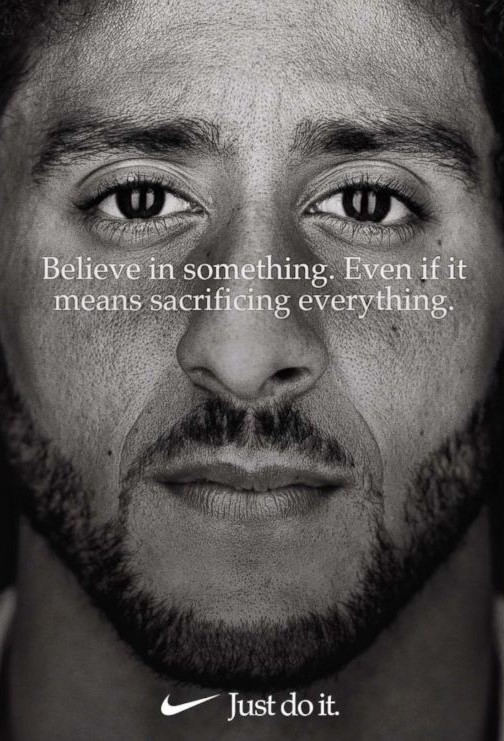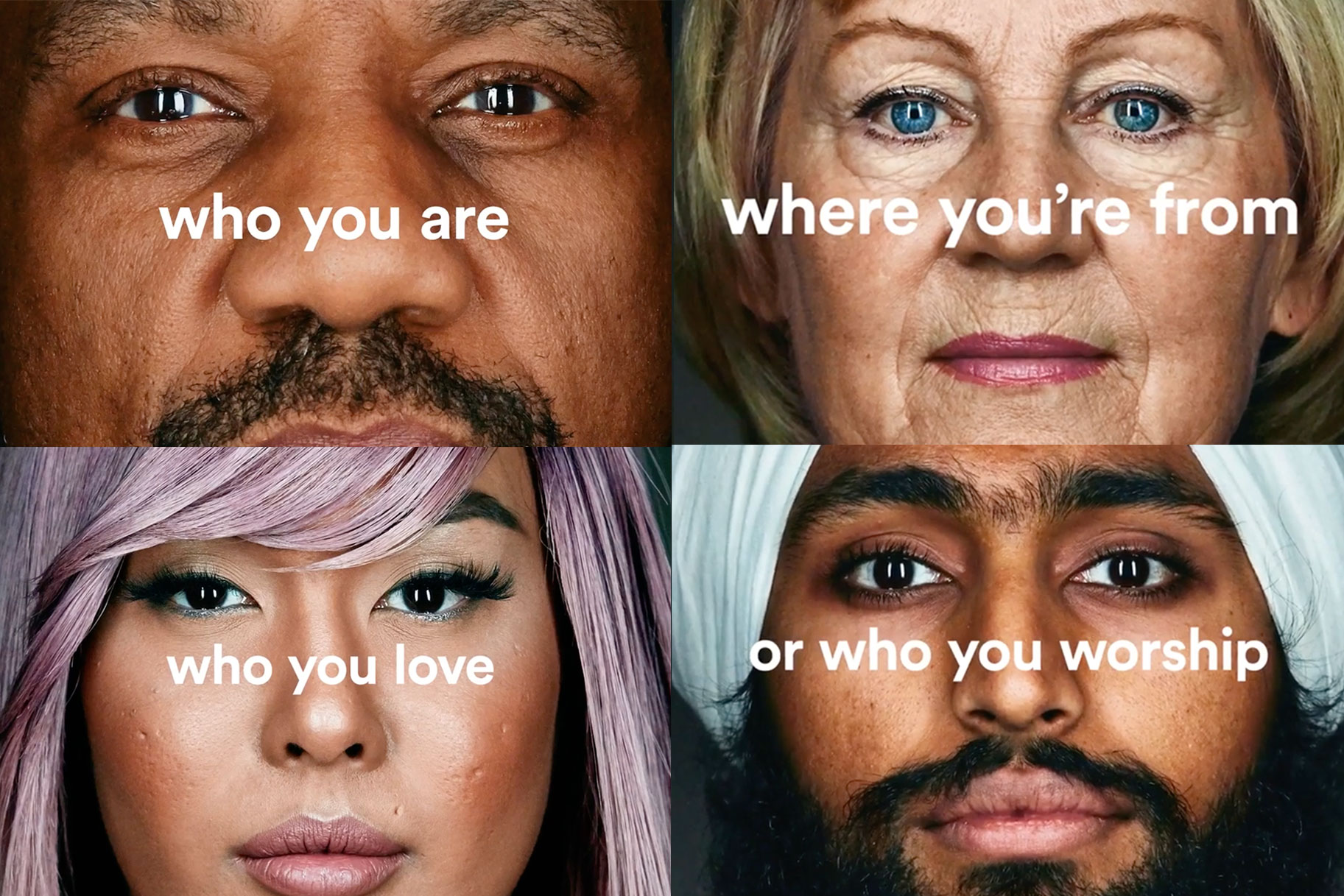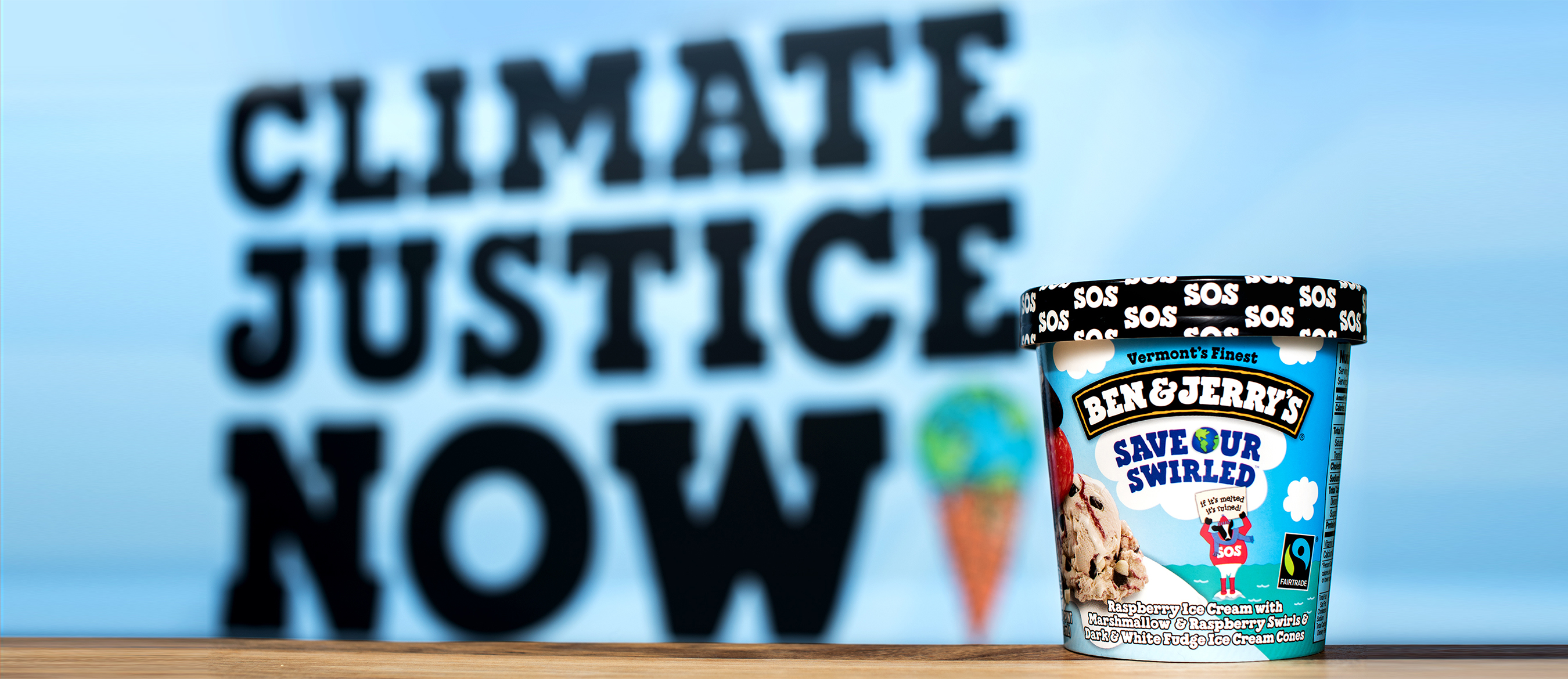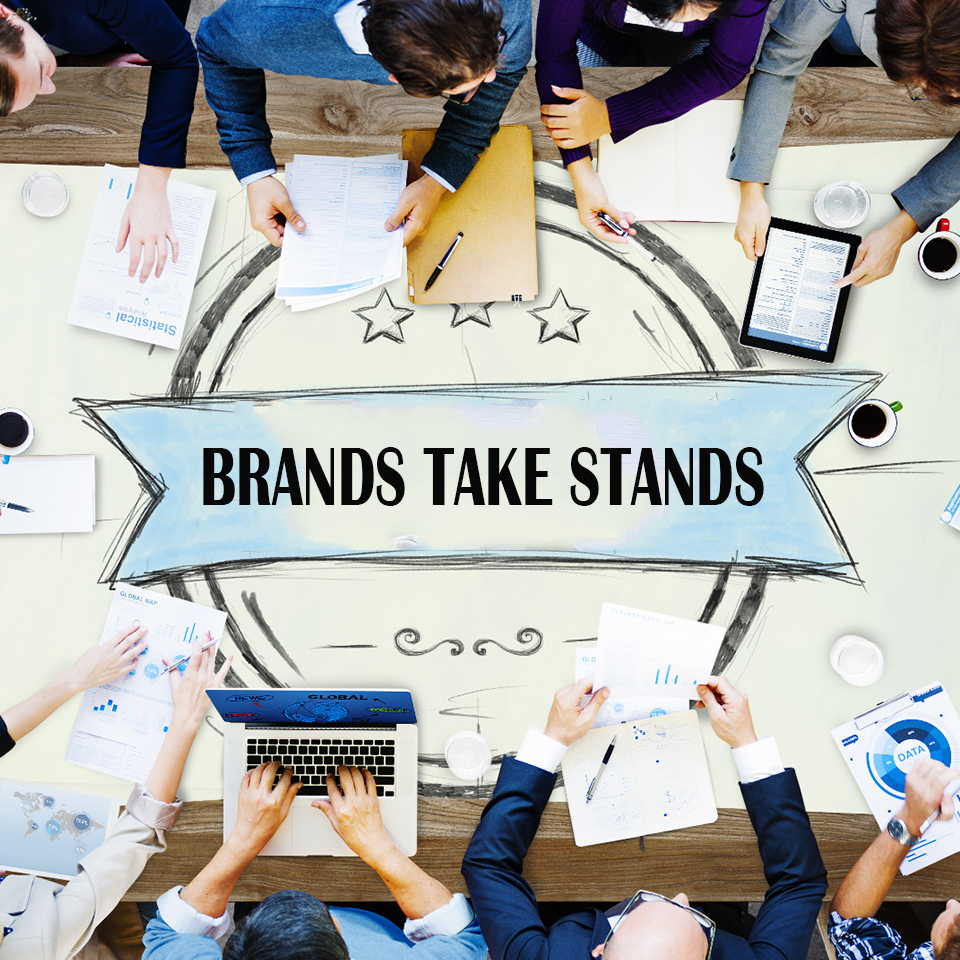Colin Kaepernick, the face of the 30th anniversary of Nike’s “Just Do It” ad campaign was supported by many but also faced a lot of backlash. People who were against Colin’s stance burnt Nike products as shown in videos that went viral on twitter #BoycottNike. The football player has been under the spotlight for kneeling, instead of standing, for the National Anthem during the 2016 NFL season to protest police brutality against Unarmed black Americans which resulted in their deaths.
The ad campaign move by Nike was extremely risky. However, risky moves are necessary to stay relevant and ahead of competitors. “We feel like the campaign has delivered a message in a way that’s really connected with people around the world” – CEO Mark Parker said in an interview.

Source: ABCNews
The brand had nothing to lose as they had statistically studied the profit and loss before bringing in the ad campaign. They gained advertisement both ways i.e burning of Nike gear- which didn’t cost Nike anything but gave them free advertisement and also increased sales due to this ad campaign. Nike had a win-win situation and even though Nike might have lost a few fans, but they still made a lot of profit due to apparel endorsed by Kaepernick.
In today’s world, politics continues to spiral. Brands have started leading effective changes in political and social beliefs.
A well known example would be Pepsi collaborating with supermodel Kendall Jenner. The ad was criticized for appearing to trivialize demonstrations aimed at tackling social issues, suggesting that protesters and police would get along better if the former were kinder and this turned out to seem as being insensitive in regard to the Black Lives Matter movement.
Here are some brands who took the right steps in tackling issues and whose success can provide a lesson to others looking to follow in their footsteps:
- Airbnb – #WeAccept

During the Super Bowl 2017, Airbnb aired a politically-charged TV commercial in response to President Trump’s nation-dividing travel ban. The message delivered was based on the acceptance of all people throughout the world.
Why it worked: The issue was used to related it to the services that Airbnb provides. A perfect opportunity for them to use to their advantage. Another main contribution was the CEO’s participation in making a public statement, which was appreciated by the public as well.
- Heineken – “Worlds Apart”

During the time when Pepsi released their controversial ad casting Kendall Jenner, Heineken came up with a new ad “Worlds Apart” which was a social-experiment-TV-commercial. This commercial was loved by everyone as it brought people together and also worked as response to the Kendall Jenner Pepsi ad.
Why it worked: It worked because it highlighted cultural issues which we, as a general public face on a day- to-day basis. Another big contributing factor was that the brand didn’t put their product as a solution to this problem, instead opened a platform for discussion while sharing a cold one. The brand positioned themselves as a way to unite people.
- Ben & Jerry’s – “Save Our World”

Source: Multivu
The ice cream brand Ben & Jerry’s launched a full-scale campaign/movement to join the fight against climate change in 2015. They released a new flavor called “Save Our Swirled” as a message to their fans to share their message- ‘If it’s melted, It’s ruined’. The brand collaborated with Avaaz and also wrote a petition demanding actions from the UN.
Why it worked: They took a social stand and addressed this issue not for the purpose of promoting their ice-cream but to make people aware about climate change/ global warming and why it needs to be dealt with. The brand also pledged to take an action against industrial issues.
Conclusion:
Most consumers support or boycott a brand based on its influence on social and political issues. Some brands speak about these political issues, to raise awareness and bring these issues to justice but some still hesitate. According to a survey, two-third of consumers believe that brands should take a public stand on social and political issues. Brands should promote these issues in their following as brands hold large influence over societal changes.
